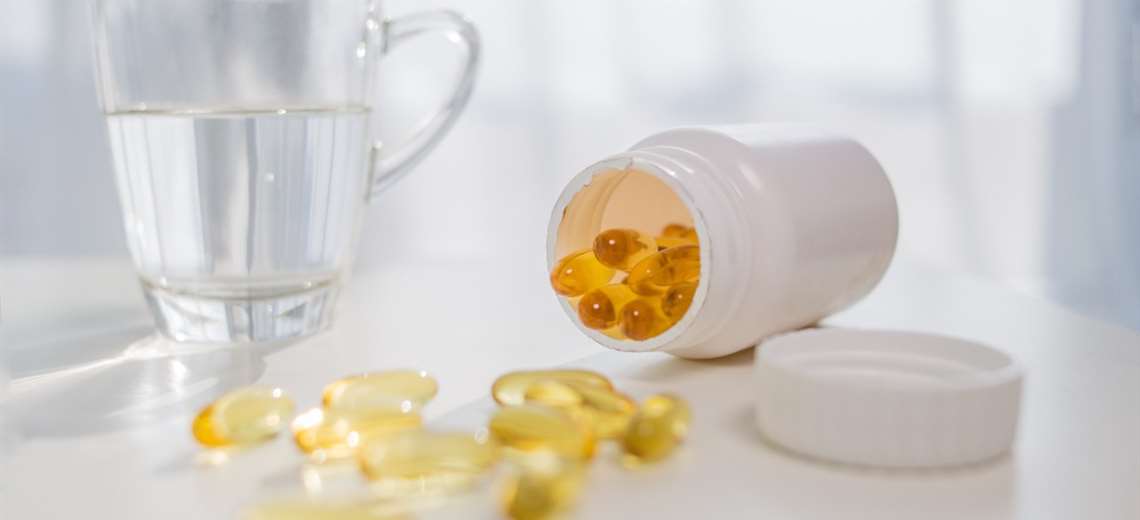The doctors emphasized that vitamin supplements are not a substitute for vaccines, but a way to prevent immunity levels will decrease.
Scientists from Bar-Ilan University and the Galilee Medical Center in Israel say they have found convincing evidence that increasing vitamin D levels can positively influence covid-19 patients in reducing the risk of severe illness or death. , according a recently peer-reviewed study published in the research journal PLOS One.
Specifically, the researchers found “striking” differences between patients who had sufficient levels of vitamin D before contracting the disease and those who did not: about half of the people who had a vitamin D deficiency developed severe disease, compared to less than 10 percent of people who had sufficient levels of this vitamin in their blood.
“We found it remarkable, and striking, to see the difference in the odds of becoming a critically ill patient when vitamin D is lacking compared to when vitamin D is not lacking,” said Amiel Dror, a physician at Galileo Medical Center and a Bar investigator. Ilan, to the Times of Israel.
Vitamin D, important for good health
Vitamin D is recognized for its importance for bone health. In addition, low levels of this supplement have been associated with a number of autoimmune, cardiovascular, and infectious diseases. However, its role in protecting against severe covid-19 is less well established.
The study, which is based on an investigation carried out with results from 253 people admitted to the Galileo Medical Center in Nahariya (Israel) between April 7, 2020 and February 4, 2021, is one of the first to analyze the vitamin D levels before infection.
According to the researchers, this feature facilitates a more accurate assessment than during hospitalization, when levels may be lower as a result of viral illness.
Vitamin supplements are not a substitute for vaccinations
The doctors stressed, however, that these results come from before vaccines were widely available. Furthermore, they stressed that vitamin supplements were not a substitute for vaccinations, but rather a way to prevent immunity levels from waning.
Previously, the researchers had already published preliminary results that traced vitamin D deficiency to an increased risk of mortality and of developing major complications. According to the Times of Israel, at the time, the scientific community recognized the importance of the results, although questions were raised as to whether the patients’ recent health conditions might have skewed the results.
To reduce the margin of error, Dror’s team dug deeper into the data, examining the vitamin D levels of each of their patients during the two-year period prior to coronavirus infection.
In their results, they found, according to the researchers, that the strong correlation between sufficient vitamin D levels and the ability to fight coronavirus was still valid, and the level of increased danger in their preliminary results was still almost identical.
“This study contributes to an evolving body of evidence suggesting that a patient’s history of vitamin D deficiency is a predictive risk factor associated with worse clinical course of COVID-19 disease and mortality,” he said. Study co-author Professor Michael Edelstein of Bar-Ilan University’s Azrieli School of Medicine said in a statement.
“It is still not clear why certain individuals suffer the serious consequences of covid-19 infection while others do not. Our finding adds a new dimension to solving this puzzle,” she added.
















